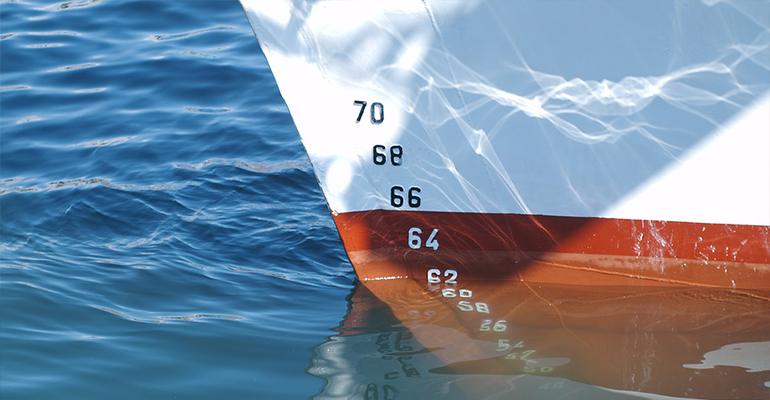- Impacts & Adaptation
Research Programme
- Lisa Ellis
University of Otago - View the full team
Project Lead
-
Budget
$17,500 -
Duration
October 2017-August 2018
-
Completed project
How should the risks of sea-level rise be shared?
We are used to thinking of natural hazards as unpredictable, one-off events like earthquakes. And our legal and policy framework is set up for such sudden and unpredictable natural hazards. But sea-level rise policies should not be like natural hazard policies, because sea-level rise is gradual.

Even if we stopped all greenhouse gas emissions today, we’ve already put enough carbon into the atmosphere that a certain amount of sea-level rise is “locked-in.” That means the sea around New Zealand’s coastline will be rising for many decades to come. Every available course of action (including “no action”) has ethical implications for New Zealand society.
By identifying our collectively held ethical values and using them to analyse each possible course of action, we can design and choose policies that are more likely to express these values.
Equality and agency:
Our research identified two ethical values that are particularly important to New Zealanders:
- that people are treated equally, and,
- that they have a say in policy that affects them.
Equality is a complex value, but it can provide robust ethical policy guidance. Fundamentally, we should respect equality before the law. In addition, equality across difference matters, though we should make decisions about trade-offs, for example, between intergenerational and intragenerational equality, as well as about spatial equality (in the sense of the value of consistency versus focusing on the most vulnerable). A background principle of collective utility promotes equality by inhibiting some from benefitting at the expense of others. Reducing uncertainty also promotes equal treatment across difference, while enhancing general utility.
Agency promotes the idea that each person should have a say in the policy that affects them, and suggests that we need robust engagement policies that provide real choice and dynamic uptake of citizen values from across all social groups.
Our status quo: Transferring risk from the least to the most vulnerable
Sea-level rise will impact new, coastal developments, as well as communities that were established before sea-level rise was widely understood. In both cases, the lack of a new legal framework based on broad social consensus is leading to a transfer of risk from the least to the most vulnerable. In the case of new developments, government (effectively, all of us) will be expected to cover losses for development that was (and is) predictably risky. In the case of existing communities, individual members of our most vulnerable communities will bear the burden of risks they could not have foreseen.
Ethically robust options for sea-level rise policy in New Zealand
The most important, immediate step New Zealand can take towards an ethically robust sea-level rise policy is to bring certainty and consistency into the legislative framework, ending the collective action problems and risk transfers associated with legal “gappiness.”
Central government should also resource adaptation nationwide, so that community resilience does not vary with ratepayer capacity. At the local level, deliberately inclusive and robust community engagement (such as citizen jury processes) should be used to engage the public as early and as deeply as possible.
This project in the media:
- Peninsula problems: A small council fights a rising sea, on all sides, Stuff NZ
- Playing chicken with the government on rising seas, Newsroom
- Sea level rise threatens major NZ infrastructure, Morning Report, Radio NZ
- Sea level rise threatens major NZ infrastructure, Radio NZ Website
- Who’s responsible for safeguarding against sea level rise? Jesse Mulligan, Radio NZ
- The vulnerable shouldn’t shoulder sea-level rise burden, LGNZ release
- Beach Rd: The rising sea and the reshaping of New Zealand, Stuff NZ
- The risks of living near the ocean, Newsroom
- How climate change could send your insurance costs soaring, Stuff NZ
- Insurance: the canary in the coalmine of climate change? Idealog
- How can NZ insure homes for climate change? NZHerald
- Sea level-prone homes set for insurance cutoff, RNZ
- Heads in the sand, houses in the water, Newsroom
- Climate change and insurance – Expert Reaction, Science Media Centre
PROJECT TEAM
-
Lisa Ellis
University of Otago -
Gilles Marciniak
University of Otago